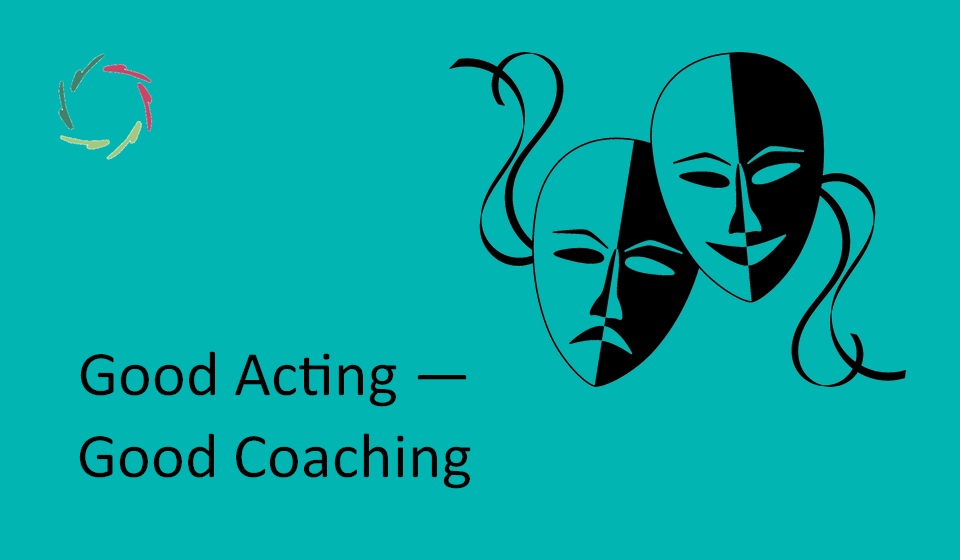The Art of Why

‘Why?’ can be asked in an analytical way. Then it’s a kind of delving into the psyche. Contrary to this, the art of why is an invitation, the answer an emergent road.
The why?-question is always multidimensional.
One can look at it from a historical perspective, a genetic perspective, a societal one, a personal-history one etc.
One can also look at it from a subconceptual perspective. This is not something that necessarily leads to a conceptual answer. In such case, it’s a very different kind-of-question. It’s more like an invitation:
Do you want to look inside yourself in search for an ‘answer’?
The important lies in the way you are looking for it, the way of searching. The journey towards the answer – inside your mental landscape – is much more important than the endpoint, the actual answer itself.
Or, depending on how you look at it: the answering is the journey.
The road on which you travel emerges from your deeper self, your nonconscious processing. It doesn’t even necessarily appear in your consciousness. Conceptual associations in-between might be relevant, yet before you know it, they are
why-related sidetracks.
Following these, you may get lost in a conceptual forest that is hardly related to who you really are. If you want to get back, you better think of it beforehand.
It’s said that in a coaching, one should not ask ‘why?’. I quite agree when it’s in a conceptual way and precisely because of the conceptual way. This readily leads to sidetracks. Not necessarily but readily.
This should not detract you from the art of why.
Don’t be shy to ask ‘why?’
as a coach (or a friend). But try to do so while deeply looking at the other person. Is (s)he ready for this why? Will it be a most efficient one? Do you see the possible growth already in the eyes of the coachee? Do you ‘see’ the smile that will arise – and you will smile together – as a result of a new insight?
Equally important:
Are you ready?
Are you genuinely curious about what will happen in a moment right before your eyes? Does it make you deeper and lighter? Are you genuinely anticipating your seeing how you can help this person?
Maybe something will happen this time, maybe not. It’s OK. It’s part of the road even if ‘nothing happens’. Maybe you’re just sitting in a train. When not looking out of the window, you might see that ‘nothing happens.’ Meanwhile, the whole train is moving along. In that case:
Why are you – or why is the other person – not looking out of the window?
It’s a journey within. The passing landscape is one’s own deeper mindscape. However, looking out of the window is not always straightforward. Many lives are lived as if the train itself is the mindscape and as if outside of this, nothing worthwhile can ever happen.
Of course, then the ‘why?’ will never be an art.
What a pity.


